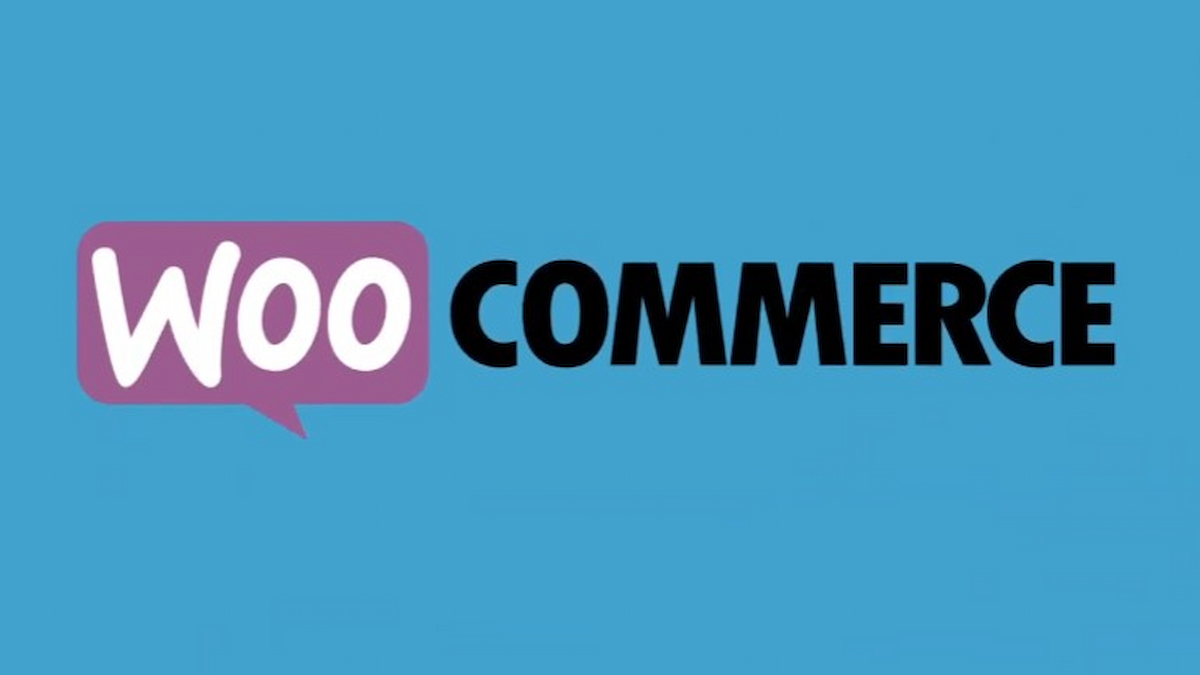US President Donald Trump is preparing to introduce new tariffs on semiconductor imports, aiming to shift more chip production back to the United States.
Semiconductors, or microchips, are essential components in everything from smartphones and laptops to medical devices and renewable energy systems.
Speaking aboard Air Force One, Trump said new tariff rates would be announced soon as part of a broader effort to end American reliance on foreign-made chips and strengthen national security.
The global semiconductor supply chain is heavily concentrated in Asia, with Taiwan’s TSMC producing over half of the world’s chips and supplying major companies like Apple, Microsoft, and Nvidia.
Trump’s move signals a more aggressive stance in the ongoing ‘chip wars’ with China, as his administration warns of the dangers of the US being dependent on overseas production for such a critical technology.
Although the US has already taken steps to boost domestic chip production—like the $6.6 billion awarded to TSMC to build a factory in Arizona—progress has been slow due to a shortage of skilled workers.
The plant faced delays, and TSMC ultimately flew in thousands of workers from Taiwan to meet demands, underscoring the challenge of building a self-reliant semiconductor industry on American soil.
Why does it matter?
Trump’s proposed tariffs are expected to form part of a wider investigation into the electronics supply chain, aimed at shielding the US from foreign control and ensuring long-term technological independence. As markets await the announcement, the global tech industry is bracing for potential disruptions and new tensions in the international trade landscape.
Would you like to learn more about AI, tech and digital diplomacy? If so, ask our Diplo chatbot!










